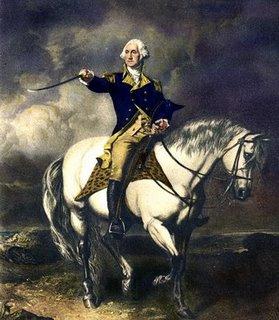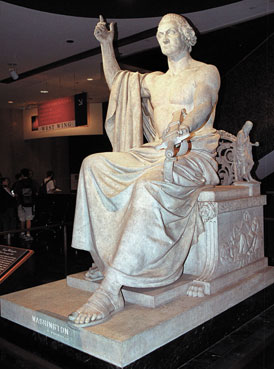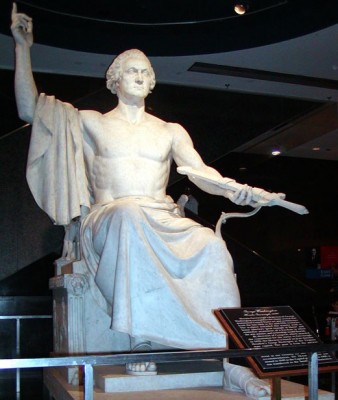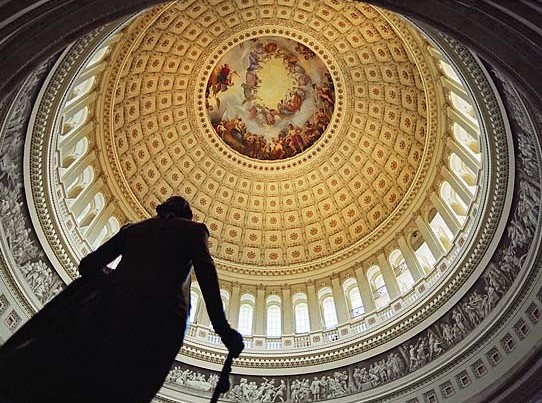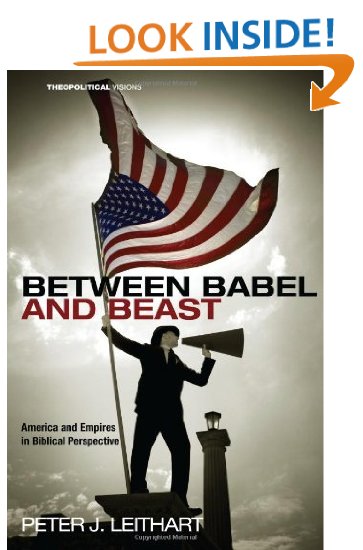- Jan 25, 2009
- 19,765
- 1,429
- Faith
- Oriental Orthodox
- Marital Status
- Private
- Politics
- US-Others
Seeing what the Vatican has said is interesting. Specifically, it is interesting to see the claim that the name was chosen after St.Francis of Assisi and yet the New Pope is a Jesuit like St.Francis of Xavier. For many, it's an issue of duality.I realize Pope Francis is a Jesuit but do really think he named himself after Francis Xavier rather than Francis Assisi? He certainly seems to be following the pattern of the latter.
Even in the event that attempts to play down the choice of name occur, St.Francis of Assisi would still be significant and seen in connection with St.Francis of Xavier since Xavier is a part of the spiritual heritage of the Jesuits (more shared from here in previous discussions on what Xavier did). Modern Jesuits see St. Francis of Assisi as the patron saint of community organizing, even though by today’s standards his actual views would be regarded as militantly orthodox and he would have seen the conflation of the corporal works of mercy with specific political programs as mystifying. If he is an orthodox reformer in the mold of St. Francis of Assisi and a missionary in the spirit of St. Francis Xavier, he will need to start close to home.
More than aware in regards to the accusations and the ties he had to groups against Liberation theologians....although what he does speak on has many overlaps with Liberation Theologians and it is that reason why many feel he's in the best position to advocate for Liberation Theology. As it is, there are many versions of Liberation theology .....seeing where capitalism has been used to aid others/liberate them (for there are differing forms of capitalism and capitalistic practice) - and other famous Liberation leaders were just for that - Marcus Garvey being one of them when it came to addressing issues via using Capitalism to help others. ..forI don't think he follows Liberation Theology in the purse sense of the word. In fact, he got a lot of flack in Argentina because they felt he didn't support the Liberation Theologians within his order sufficiently.
Marcus Garvey was considered the the paramount Liberation theologian ahead of his time for his advocacy for helping blacks in their economic struggles - even though his focus was based on addressing things from a Capitalistic perspective and helping blacks develop property while also advocating seperatism so that the poor in black communities could actually be helped rather than doing things on the terms of oppressors (more shared here and here )
.
Noam Chomsky did an excellent presentation on the dynamic of where the Pope stands on not being 100% for Liberation Theology as many understand the definition of the term even though he speaks out against many of the things Liberation Theology does....
Chomsky on the Pope's Radicalism - YouTube
Noam Chomsky (April, 2013) Interview (Hugo Chavez's death, Pope, and other topics) - YouTube
Very true - as there were others who could have been chosen, some of whom were Dark-Skinned African Cardinals....and others were hoping for that since that'd be much more potent in many ways in light of how we've not had a dark-skinned Pope for centuries..I don't think it is an accident that they picked a South American who was at the same time Italian.
But to have someone who was from South America and yet tied to the older world as well....that's something we have to see as being significant.
It really depends on where one looks - for in Russia, abandoning isn't the case and the same goes for many places throughout the area. And Dr. Philip Jenkins did an excellent presentation on the issue I was very thankful for in how Europe has not been lost:I think we have to be honest and acknowledge that Europe, for the most part, has abandoned Christianity.
Dr Philip Jenkins: God's continent, today's realities - YouTube
Upvote
0


